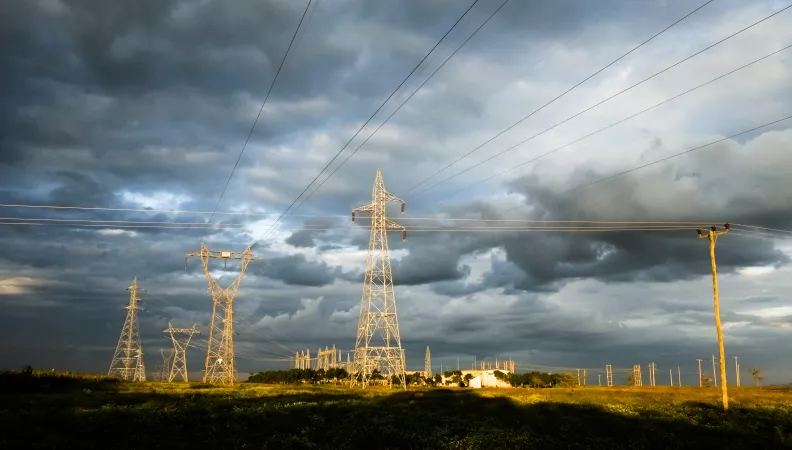Share the page
Contributing to the development of the power grid in the north of the country
Project


-
Project start date
-
Status
Ongoing
-
Project end date
-
-
Project duration
-
5 years
-
AFD financing amount
-
€ 14000000
-
Country and region
-
Location
-
Geita & Kagera Regions
-
Type of financing
-
Partners
-
European Union
-
Beneficiaries
-
Tanesco
AFD is supporting the development of the power line between Geita and Nyakanazi, a line which will facilitate the extension of the power grid in Northwest Tanzania and the grid connection to the Rusumo hydro power plant.
Context
Tanzania has a number of energy sources with a potential that is largely untapped: hydro power (4.7 GW, only 12% of which is exploited), solar energy (expansive areas with sunshine at a level of 4 to 7 KWh/m² a day), coal (reserves estimated at 1.5 billion tons), natural gas (reserves estimated at 55 TCFi), geothermal sources (unexploited) and wind energy. The generation capacity connected to the domestic grid stands at 1,521 MW, 38% of which is hydro power capacity (the performance of which has been affected by several years of drought) and 62% thermal capacity (diesel, natural gas).
With only 60% of installed capacity available, in view of the importance and variability of hydro power resources, generation is unable to meet ever-increasing demand (annual growth of 10%). The domestic transmission grid, which is made up of some 2,700 km of 220 kV lines, 1,500 km of 132 kV lines, 550 66 kV lines (544 km) and 38 substations, is overloaded and unable to provide nationwide coverage.
Description
The project will secure and develop the country’s energy sector, improve its energy efficiency and reduce costs:
- It will connect the domestic grid to regional generation units, for example, the Rusumo Falls hydro power plant located in Northwest Tanzania, via the construction of a new line between Geita and Nyakanazi (145 km) and the rehabilitation and extension of substations;
- The project also provides for the connection to the domestic grid of 3,000 households in the isolated Biharamulo district in the Northwest;
- Technical assistance is also planned for Tanesco, the national electricity operator and contracting authority, for the review of bidding documents, and procurement and supervision of works.
The total project amount stands at EUR 42m. The cost of the acquisition of land and compensation of displaced persons will be directly borne by Tanesco.
Impacts
- Reduction of use of diesel generators, which have highly negative economic and environmental impacts, thanks to the connection of the national grid to regional generation units, such as the Rusumo Falls Dam;
- Economic impetus for isolated territories;
- Reduction of losses on power grids.


